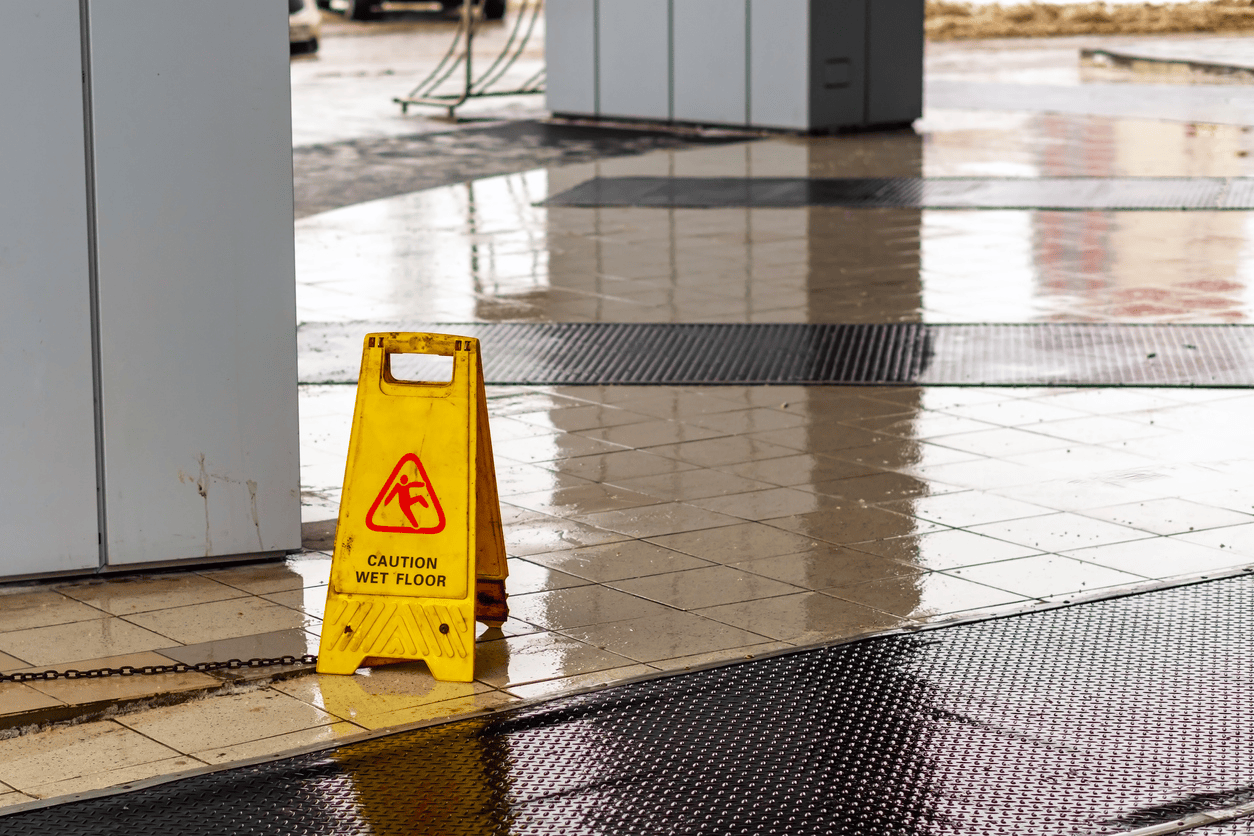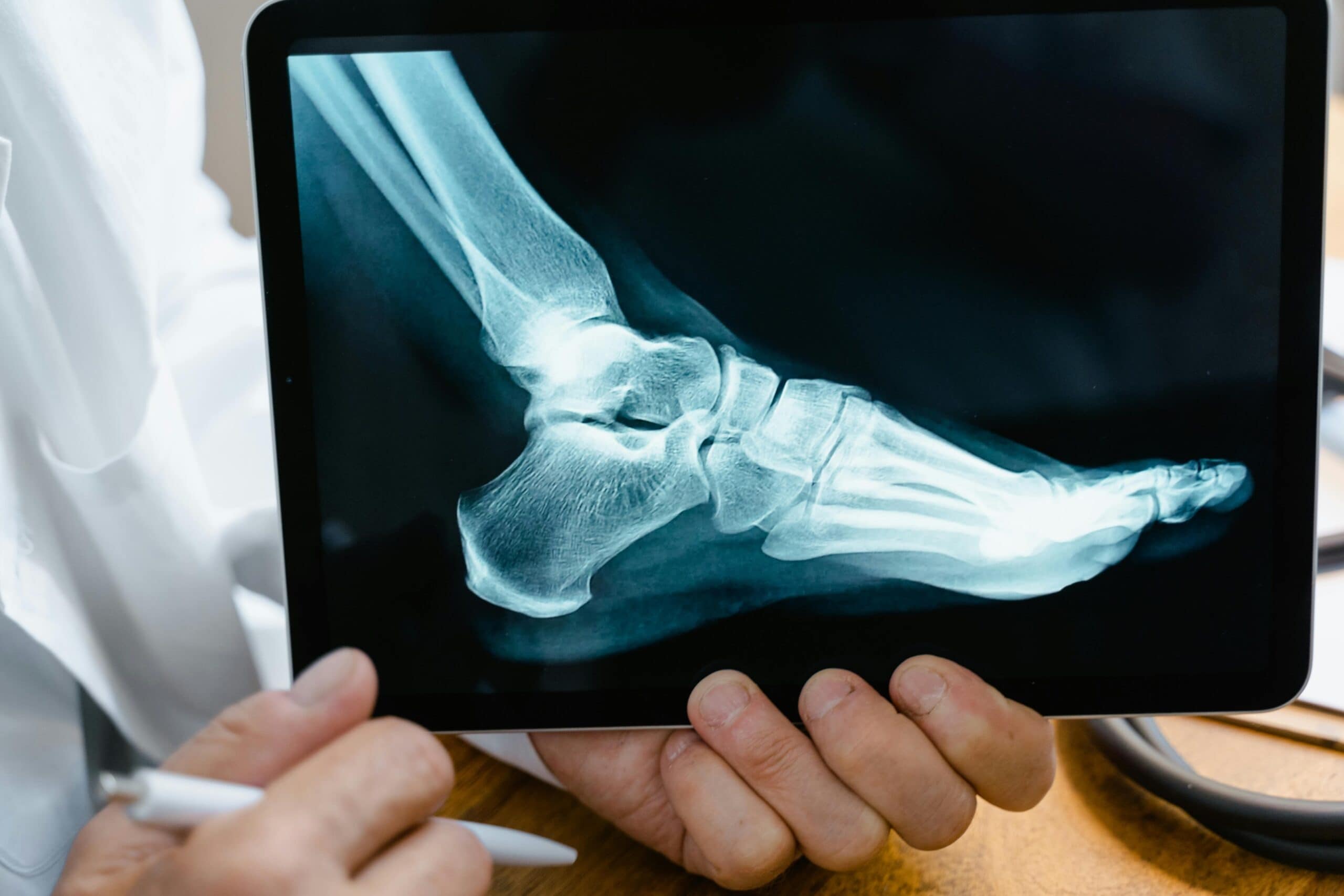
As parents, ensuring our child’s safety is paramount. When we send our children off to school, we trust that the school administration and staff will protect them and provide a secure environment. However, incidents like when your daughter is assaulted at school, whether physically, sexually, or mentally abused, can shatter this trust and leave parents feeling helpless and unsure about what steps to take.
This guide aims to provide clarity and guidance for parents facing such a situation, helping you navigate the complex landscape of school assault laws and seek the justice your child deserves.
Understanding School Assault
School assault refers to any form of physical or sexual violence that occurs within the premises of a school, including school grounds, a school bus, and during school-related activities. Assaults can be perpetrated by other students, a school bus driver, school personnel, or even outsiders.
The impact on the victim can be severe, leading to physical injuries, emotional distress, and long-term psychological trauma.
Types of School Assault
- Physical Assault: This includes hitting, kicking, pushing, or any other form of physical violence.
- Sexual Assault: Any unwanted sexual contact or behavior, ranging from inappropriate touching to rape. This is a serious crime and requires immediate legal action.
- Bullying: Repeated aggressive behavior that involves an imbalance of power. Bullying can be physical, verbal, or psychological.
Immediate Steps to Take
If your daughter was assaulted at school, it is crucial to take immediate and appropriate action to ensure her safety and well-being. Here are the steps you should follow:
Ensure Safety and Seek Medical Attention:
First and foremost, ensure your child’s immediate safety. If she has sustained physical injuries, seek medical attention promptly. Similarly, documenting the injuries through medical records is vital for any future legal action.
Report the Incident:
Notify the school administration and school principal about the incident. It is important to provide a detailed account of what happened. Moreover, request that they document the report and take appropriate disciplinary action against the perpetrator.
File a Police Report:
For serious incidents, especially those involving physical assault or sexual abuse, file a police report. Law enforcement can conduct an investigation and gather evidence that will be crucial for any legal proceedings.
Document Everything:
Keep a detailed record of all communications with the elementary school, law enforcement, and medical professionals. This includes witness statements, medical bills, and any other relevant documentation.
Seek Emotional Support:
Ensure your child receives the emotional support she needs. Consider professional help from counselors or therapists who specialize in dealing with trauma from assault.

The Role of School Administration and Districts
School administration and school districts are responsible for maintaining a safe environment. If they neglect this duty, they may be found liable. Here’s what they are generally expected to do:
Preventive Measures:
Implement policies to prevent school violence and bullying.
- Training:
Ensure that school personnel are trained to handle and prevent assaults.
- Disciplinary Actions:
Take appropriate disciplinary action against the perpetrators of the assault.
- Anti-Bullying Policies:
Schools should have strict anti-bullying policies in place, with clear procedures for reporting and addressing incidents.
- Safe Environment:
Ensuring a safe environment through adequate supervision, secure school grounds, and the presence of security personnel where necessary.
- Support Systems:
Providing support systems for students, including counseling services and anonymous reporting mechanisms.
Who Can Be Held Liable?
When a child is assaulted at school, determining liability can be complex. Multiple parties might be held responsible depending on the specific circumstances of the assault.
- The Assailant: The individual who committed the assault is primarily responsible. If the assailant is another student, the school may have a duty to take disciplinary action against that student to protect others.
- The School and School Personnel: Schools are responsible for providing a safe environment for students. This includes taking reasonable steps to prevent assaults. If it can be shown that the school or its personnel were negligent in their duty to protect students, they may be held liable.
- The School District: In some cases, the school district might be held liable for failing to implement policies that protect students or for not addressing systemic issues that contribute to a dangerous environment. This includes both public school districts and private school administrations.
Determining Liability
Determining liability in a school assault case can be complex. Liability may rest with the school district, individual school administrators, or even specific school personnel. Factors that may influence liability include:
- Negligence: Did the school fail to take reasonable steps to prevent the assault?
- Previous Incidents: Were there previous incidents involving the same perpetrator that the school failed to address?
- Response: How did the school respond to the assault? Was it adequate and timely?
Legal Actions and Rights
Understanding your legal options is essential in seeking justice for your child. Here are the key aspects to consider:
- File a Complaint with the School District: Start by escalating the issue to the school district if the school administration does not respond adequately. Provide them with all documented evidence of the incident and the school’s response.
- Filing a Police Report: If the assault resulted in significant injury or was part of a pattern of bullying, filing a police report can initiate a criminal investigation.
- Civil Lawsuit: You can file a civil lawsuit against the responsible parties. This might include the child who committed the assault, their parents, and the school district if there was negligence in preventing or addressing the incident.
- Seeking Legal Assistance: Consulting with an attorney who specializes in education law and personal injury can help you understand your options and the best course of action.
Long-Term Support for Your Child
Supporting your child after an assault is a continuous process. Unfortunately, parents facing such situations for the first time do not always know what to do. But, here are some long-term strategies:
- Counseling and Therapy: Ongoing counseling can help your child cope with the emotional aftermath of the assault and build resilience.
- Educational Support: Work with the school to ensure your child’s educational needs are met. This may involve creating a safety plan, adjusting the school environment, or even considering alternative schooling options if necessary.
- Parental Involvement: Stay involved in your child’s school life. Regularly communicate with teachers and school administrators to monitor her well-being and address any concerns promptly.
The Crucial Role of an Attorney When Your Child Is Assaulted at School
When your daughter is assaulted at school, the immediate reaction is often one of shock, anger, and confusion. Navigating the aftermath requires not only emotional strength but also a clear understanding of your legal rights and options. This is where an experienced attorney becomes an invaluable ally.
Nonetheless, here are ten ways an attorney can help you effectively address the incident and seek justice for your child.
Understanding Rights and Options:
An attorney specializing in education law can clarify your legal rights and the options available for seeking justice and compensation.
Handling Complex Laws:
Attorneys can navigate the intricacies of federal, state, and local laws that apply to school assaults, ensuring compliance and leveraging relevant legal provisions effectively.
Assessing Liability:
They identify all potentially liable parties, including the assailant and school personnel, and work to prove negligence on the part of the school.
Filing a Lawsuit:
An attorney can draft and file a lawsuit on your behalf, ensuring that all legal procedures and deadlines are met.
Court Representation:
They represent you in court, presenting your case effectively to seek justice and compensation.
Settlement Negotiations:
Attorneys can negotiate with the school district or their insurance companies to reach a settlement that adequately compensates for your child’s injuries and emotional distress.
Maximizing Compensation:
They aim to maximize the compensation you receive, covering medical expenses, therapy costs, and other damages.
Protecting Your Child’s Interests:
They advocate for your child’s best interests, prioritizing their safety and well-being, and push for school changes to prevent future incidents.
Handling Bureaucracy:
Attorneys manage all legal paperwork and communications with the school, police, and other entities, reducing your burden and navigating administrative processes efficiently.
Providing Emotional Support:
Beyond legal expertise, attorneys offer emotional support and guidance, helping your family cope with the challenges and connecting you with additional resources if needed.

Protect Your Child with BLG
If your daughter was assaulted at school, taking immediate and decisive action is crucial. Ensure her safety, seek medical and emotional support, seek legal advice and understand your legal rights and options.
Public or private schools have a responsibility to protect students and provide a safe environment, and when they fail in this duty, they can be held accountable.
Moreover, consulting with an experienced attorney can help you seek the justice and compensation for your daughter assaulted at school. Get the justice your child deserves.
At BLG, our practiced attorneys were here to understand the complexities and emotional turmoil involved in school assault cases. We are committed to providing compassionate and comprehensive legal support to families, helping you secure the best possible outcome for your child’s future.
Contact us for a confidential free consultation.





